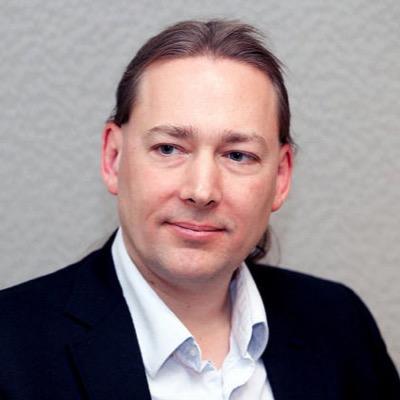Talks:

Bryan Ford
Clubs, Coins, and Crowds: Fairness and Decentralization in Blockchains and Cryptocurrencies
Abstract
Building secure systems from independent, mutually distrustful parties is an old topic in computer science. But despite its attendant hype and misinformation, today’s “blockchain bandwagon” has successfully brought the gospel of decentralization – both a realization of its possibility and an appreciation for its value – to mainstream society. Currently-deployed blockchains, however, are slow, unscalable, weakly consistent, profligate in energy use, and have effectively re-centralized due to market pressures. We will explore ongoing challenges and progress in rethinking blockchain architecture to improve scalability, efficiency, functionality, privacy, and decentralization. We will explore how decentralized building blocks such as collective signatures and scalable distributed randomness enable architecturally modular solutions to challenges such as sharding, proof-of-stake, and blockchain-managed secrets. Finally, we explore challenges in fairness and democratization in decentralized systems, how “proof-of-personhood” blockchains could enable information forums and anonymous reputation systems resistant to propaganda campaigns, and how democratic cryptocurrencies could offer a permissionless analog of universal basic income.
About the lecturer
Prof. Bryan Ford leads the Decentralized/Distributed Systems (DEDIS) research group at the Swiss Federal Institute of Technology in Lausanne (EPFL). Ford focuses broadly on building secure decentralized systems, touching on topics including private and anonymous communication, scalable decentralized systems, blockchain technology, Internet architecture, and operating systems. Ford earned his B.S. at the University of Utah and his Ph.D. at MIT, then joined the faculty of Yale University where his work received the Jay Lepreau Best Paper Award and grants from NSF, DARPA, and ONR, including the NSF CAREER award. His continuing work receives support from EPFL, the AXA Research Fund, and numerous industry partners. He has served as a member of the DARPA Information Science and Technology (ISAT) study group, and is an advisory board member of the Swiss FinTech Innovations association.